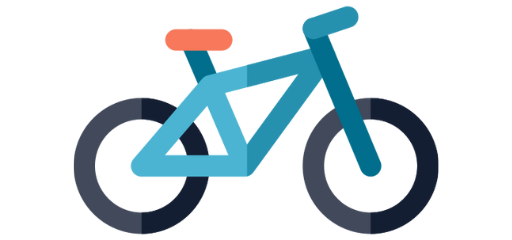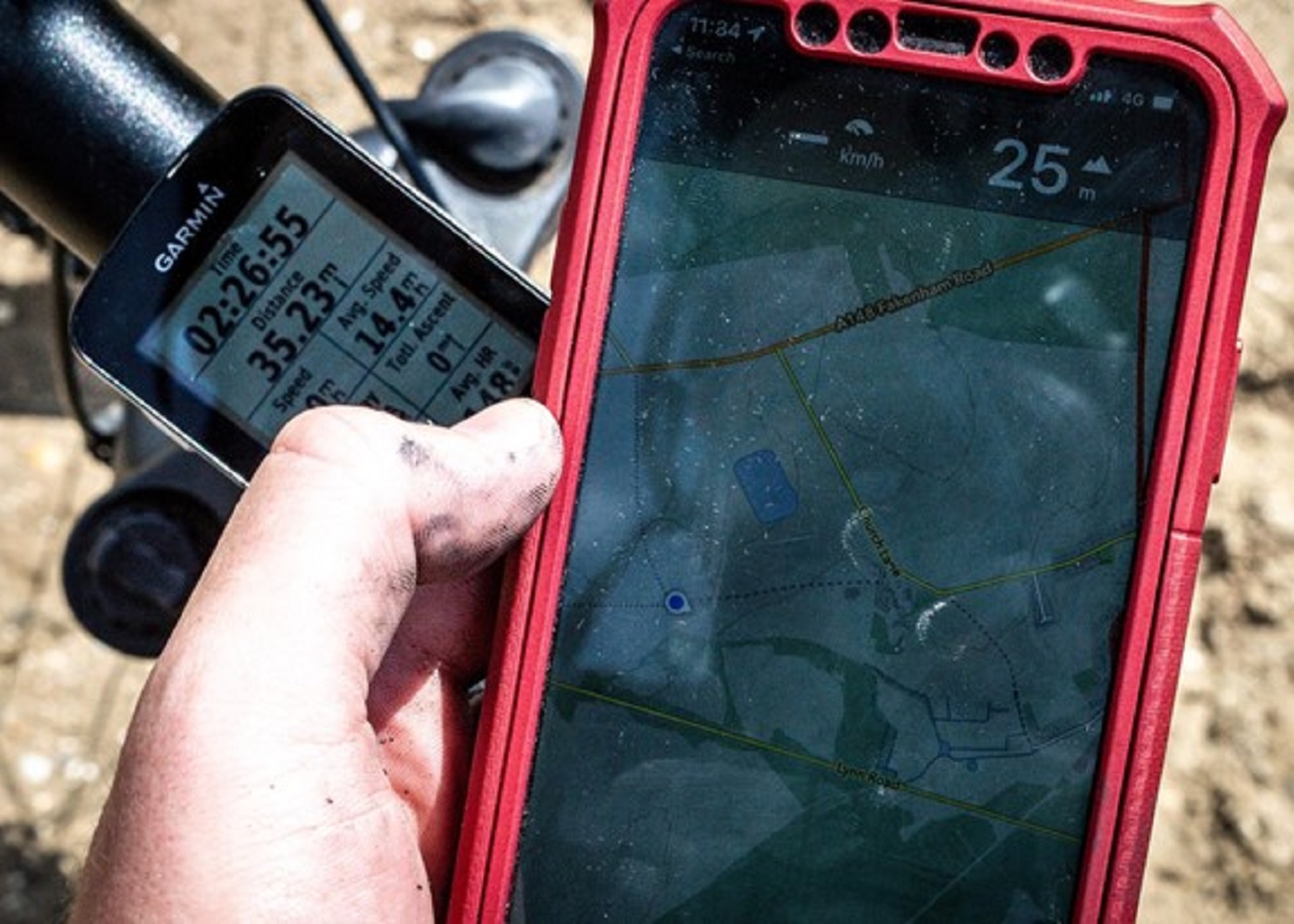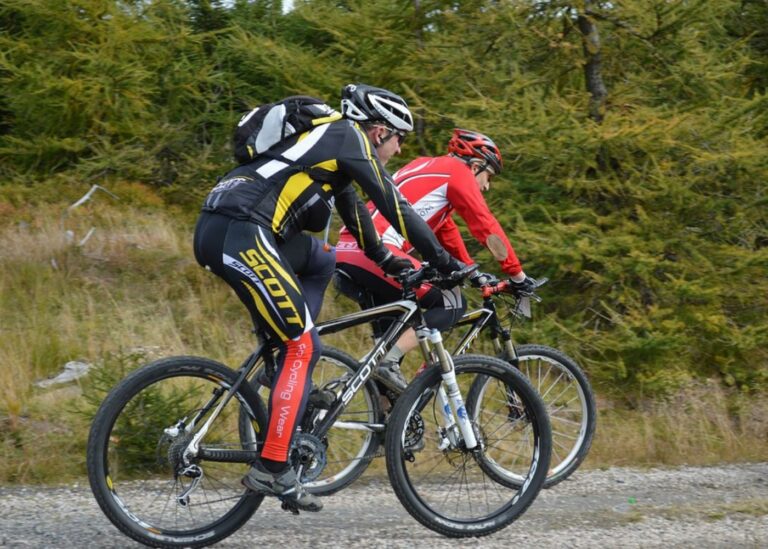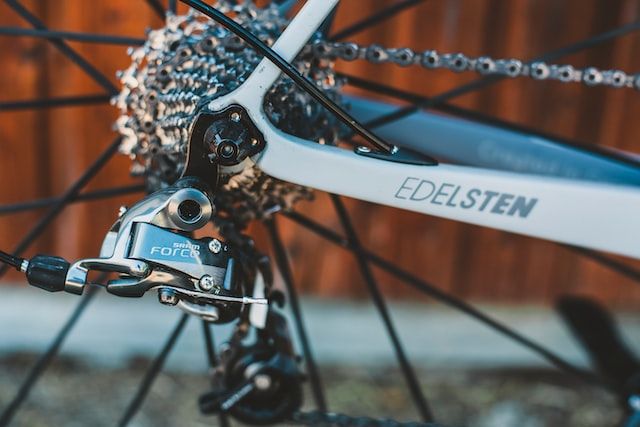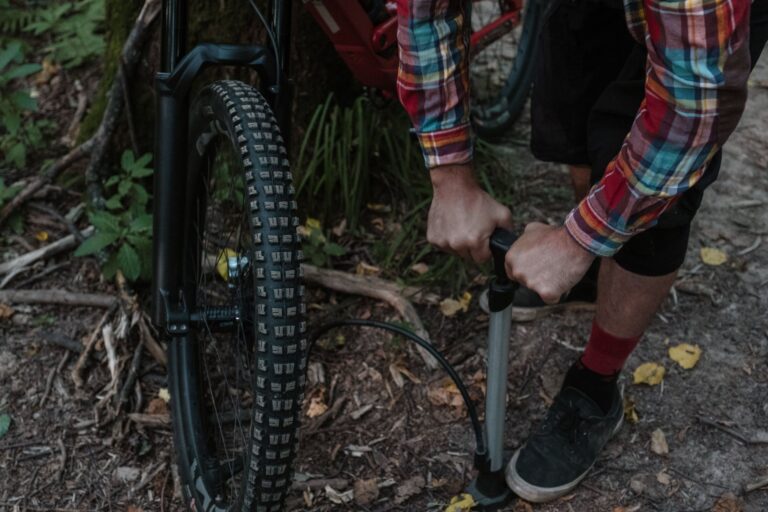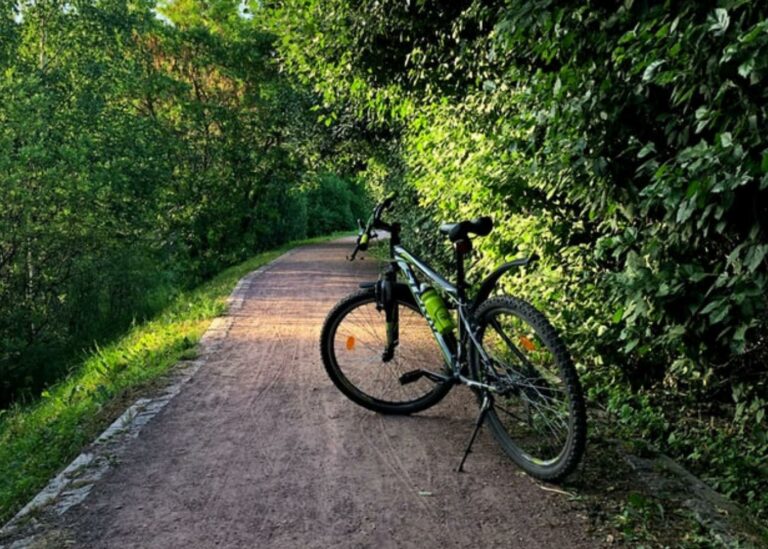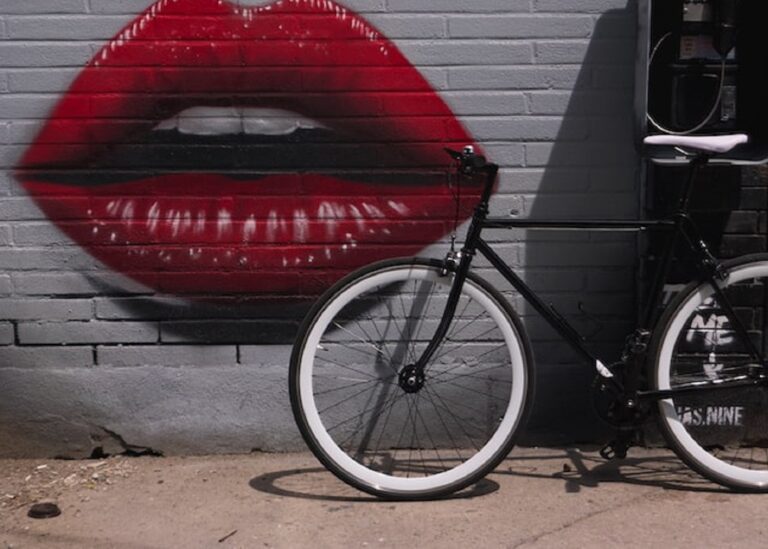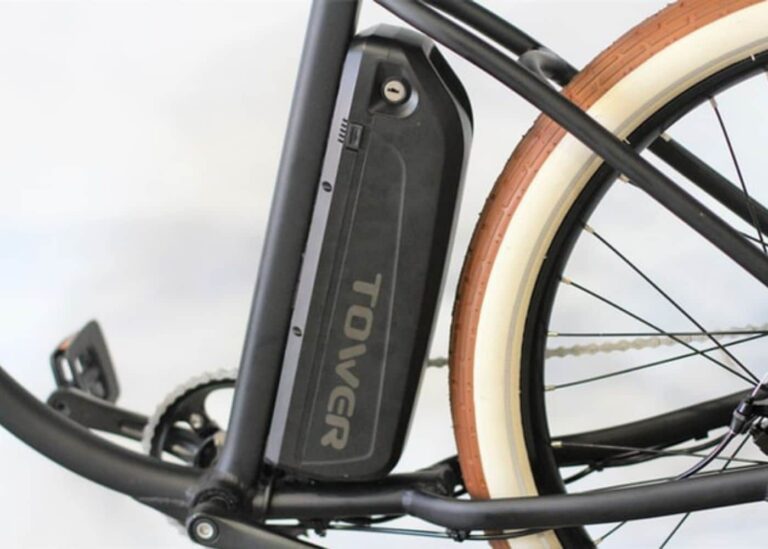How Fast Does the Average Person Bike?
Cycling is an amazing sport. There are so many roads to explore and different types of bikes to ride. Like many sports, the more you do it, the more you will improve and get better at it.
A lot of cyclists, after they get used to riding bikes, often ask the question, how fast does the average person ride a bike?
It’s healthy to ask this question. Although cycling doesn’t have to be competitive, it’s nice to know where you’re at compared to other cyclists on the road. This question comes with many factors that will adjust the answer, the type of bike you ride, your age, and where you’re riding.
This article will tell you about average speeds, what factors make a difference, and give you a rough measure of where you’re at.
What is Average Speed, and How is It Measured?
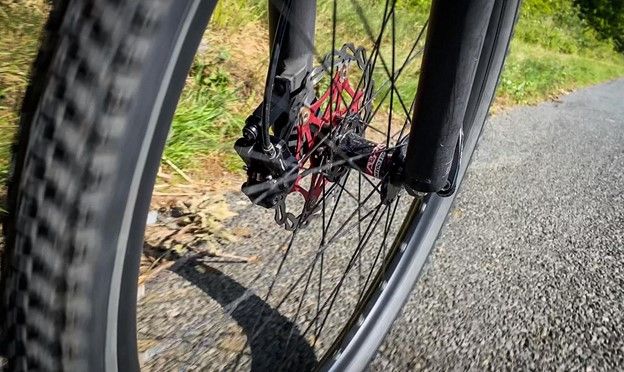
Typically most people measure their speed in MPH, which is short for miles per hour. When cycling, your speed will adjust depending on hilly terrain or headwinds, or even if you are drafting others. By judging your distance and time together, you can work out your miles per hour to see how you rank against other cyclists.
Things That Affect Average Speed
As mentioned earlier, there are a lot of things that affect how quickly you are going to ride. Understanding these is important because they give you a better understanding of where you stack up against others.
The Bike
The bike makes a huge difference. Depending on the bike you ride, it’s going to massively affect how quickly you ride. A mountain bike using wide knobby tires will be much slower than a road bike with slick tires.
You also have aerodynamics which plays a massive part in how quickly you will go. A mountain bike keeps you upright for control, and a road bike makes you aerodynamic.
Components
Alongside the bike you use, the components will also play a very big part in how fast you go. If you’re running a single-speed gearing system compared to a geared one, the geared system will be quicker. You also have wheels, a set of aerodynamic carbon wheels will be much faster than standard aluminum wheels.
The Terrain
The terrain makes a huge amount of difference too. If you ride on muddy trails you are going to be much slower than if you are on a velodrome track. You have to use bigger tires to grip with more rolling resistance on off-road trails than you need to on tarmac.
The Elevation
The elevation is the amount of hills and heights you climb and descend. If a ten-mile course has 200 meters of elevation compared to no elevation, the time it will take you to complete that course will be entirely different. Hills are hard work when cycling, and they not only zap energy and increase fatigue, they heavily slow you down. Many cyclists say the downhill makes up for it, but it doesn’t.
Who are you?
Another huge factor is you. Depending on who you are, your average speed will be entirely different. If you’re a 50 year old male who is 6ft and weighs 200lbs, your speed will be entirely different from a 4ft 5” 25 years old female weighing 100lbs. We all generate power at different levels and, because of this, have different abilities on the bike.
So How Quick Should I Be Riding?
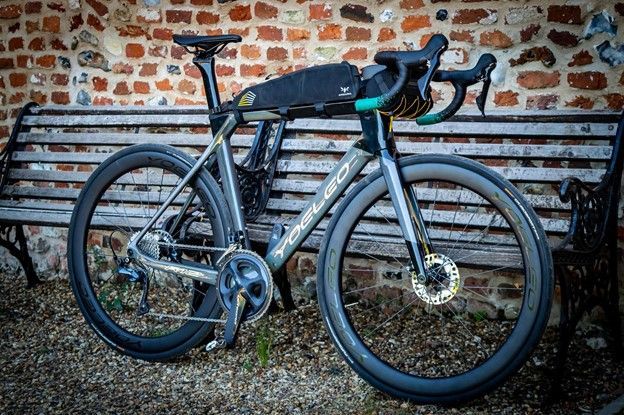
We can only give very rough figures when it comes to cycling, and this article would be a book if we were to go into everything. So here’s our rough guide on how fast the average person rides. We have only considered bikes, elevation, and terrain and looked at it in MPH. We have based this on an average middle-aged male.
| Bike | Off Road | On Road | Hilly (Road) | Flat (Road) | Hilly (Off Road) | Flat (Off Road) |
| Mountain Bike | 13mph | 14.5mph | 13.5mph | 15mph | 12mph | 14.5mph |
| Road Bike | 12mph | 16mph | 15mph | 17mph | 11mph | 14mph |
| Hybrid Bike | 12mph | 14mph | 14mph | 16mph | 11mph | 13mph |
As you can see, this chart will not only show you rough average speeds, but it also shows you the efficiency of different types of bikes. You can see that road bikes are not efficient on off-road terrain, but on the road, they are excellent. We recommend not taking this too seriously; cycling is about enjoying nature and exercise. There are too many factors to give accurate cycling speeds for everyone.
How Can I Ride Faster?
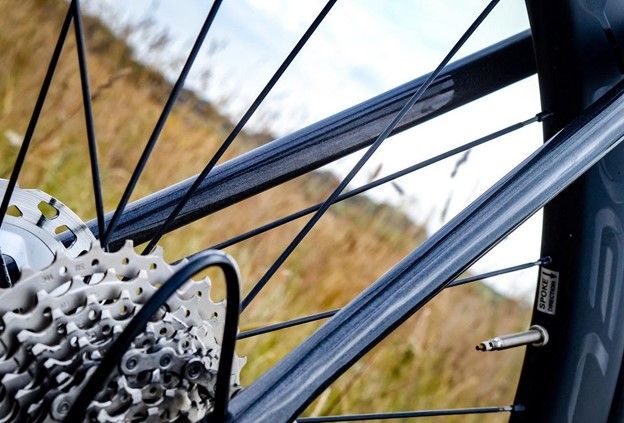
A lot of people ask us how to ride quicker. It’s fun to see your own fitness improve, and it can be fun riding faster. Here are our top ways to get fitter on the bike.
Structured Training
Doing structured training will go a long way to improving fitness. Spinning classes, turbo trainers, and hill repeats are great ways to increase fitness.
Strength Training
Strength training is a great way to get stronger and also improve your riding times. It can also reduce injury and help with weight loss.
Better Bike and Components
If you want quick gains for the same fitness, you can simply upgrade your bike. Lightweight components and better aerodynamics will make your riding much quicker.
Bike fit
Having a bike fit will get you in an optimal position for riding. It will mean your pedaling is more efficient, and you will be in a better position aerodynamically.
Lose Weight
If you have excess weight, you can shift it will make you faster on the bike. Weigh plays a huge part in cycling, especially when it comes to climbing.
Conclusion
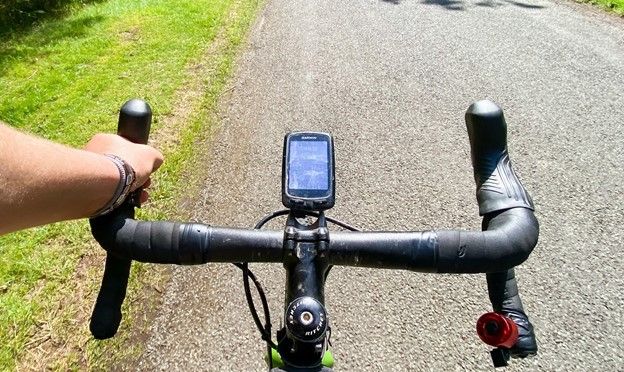
Your average speed shouldn’t matter unless you are planning on racing. If you just go out for exercise and fun, then I wouldn’t worry about the speed you ride at. The more experienced you get and the more you upgrade your bike, the quicker it will improve naturally. The most important thing to do is enjoy the miles.
